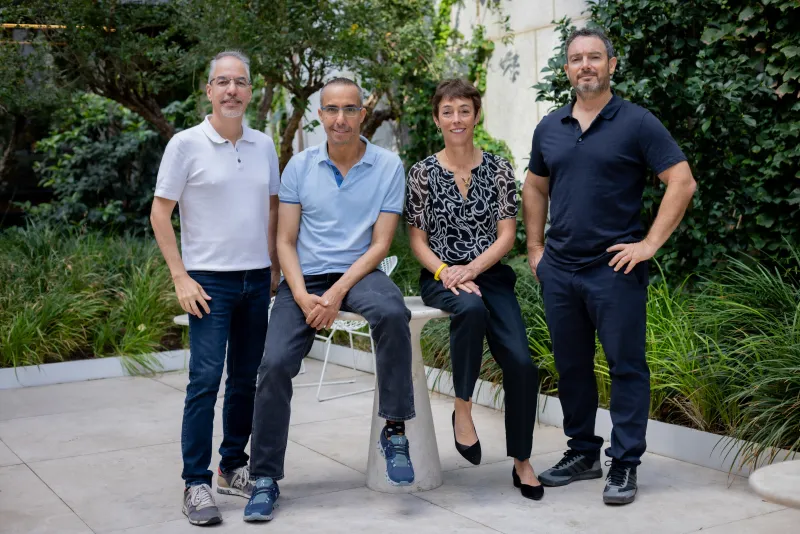
One of Venture Capital’s Top Firms Just Raised Its Final Fund. Why Is That So Rare?

Turning investment firms into multi-generational institutions is now the norm. Here’s what we can learn from one team that chose a different path.
By Julie Segal
September 17, 2025
Israel
Roy Tuvey
Europe
Romain Moulin
France

